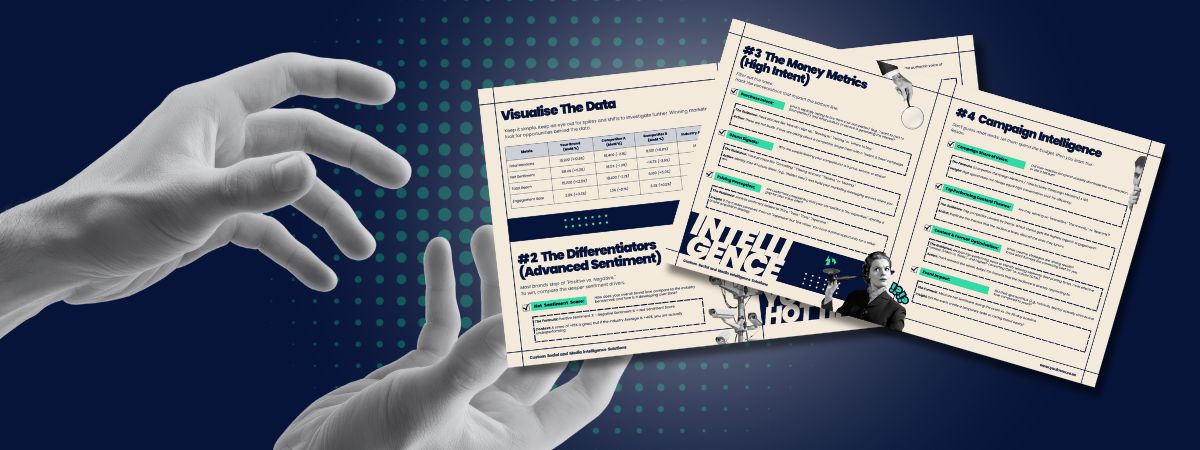
Pricing Guide: How to Get an Accurate Social Tech Quote, Fast
We know it is frustrating when you cannot find a price on a website. You just want a number, right? For enterprise social tech, however, a simple price tag is a bit like asking “how much does a vehicle cost?” The answer is always: it depends. A city runabout is a world away from a commercial truck, and the same goes for social intelligence solutions.
That is why we built this guide to demystify the pricing process and equip you with the right information to get an accurate quote, fast.
Why Social Tech Pricing Is Not a Simple Price Tag
Unlike off-the-shelf software, advanced social listening and management platforms are not one-size-fits-all. A solution for a small retail brand is completely different from what a major bank with multiple markets needs.
The key variables that influence pricing are:
- Scale: How many users will be on the platform? How many brands or markets do you need to track?
- Number of Search Queries: Each campaign, competitor, or product monitored counts as a query.
- Customisation: Do you need a standard dashboard or a deeply integrated solution connected to BI tools and CRMs?
The clearer these details, the faster and more accurate your quote will be.
👉 For more on matching tools to teams, read Choosing the Right Social Tech for Your Team Size.
Understanding the Different Pricing Models
Most enterprise-grade platforms use one (or a mix) of these pricing models:
- User-Based Pricing: Charged per person who needs access.
- Query-Based Pricing: Charged per search topic (e.g., “brand mentions,” “competitor campaign”).
- Feature-Based Tiers: Different levels (Basic, Pro, Enterprise) with varying features and integrations.
Beyond the Price Tag: Costs and Value to Consider
A licence is just part of the total investment. Services around it shape ROI.
- Implementation & Onboarding: Ensures queries are built correctly and integrations are seamless.
- Ongoing Managed Services: For teams that need support, expert management often saves more than it costs.
The ZAR vs USD Advantage: A Local Perk
Currency volatility can wreak havoc on budgets.
- The USD Headache: Unpredictable rates, forex fees, complex accounting.
- The YOUKNOW ZAR Advantage: Stable, predictable billing in rands. Simpler procurement, no forex stress, and the added benefit of B-BBEE compliance.
The ROI Conversation: How to Motivate for Budget
Winning approval is not just about cost, it is about business impact.
- Identify the problem: “We lack a consolidated view of customer sentiment.”
- Link to priorities: revenue, cost savings, and risk mitigation.
- Show evidence: highlight current workload and missed coverage.
👉 For a broader roadmap, see The Social Tech Buyer’s Guide: Motivate, Measure, Implement.
Conclusion: Your Next Step
Pricing is not a secret, it is a conversation.
The cost reflects your exact needs.
Value comes from partnership, not just software.
Billing in rands is a local advantage you should not ignore.
With this guide, you now know what to ask, what to prepare, and how to frame ROI for decision-makers.
👉 Ready to apply these insights and get your quote? Request a Consultation with YOUKNOW
.avif)

.jpg)

